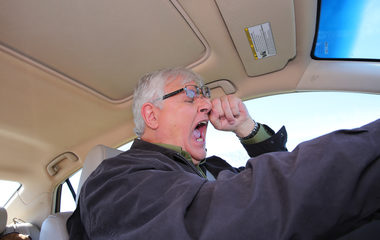Fatal car crashes increase six percent in the U.S. in the week following the change to daylight saving time, with risks highest in the morning and in locations in the western portion of a time zone, according to a study by the University of Colorado Boulder. The authors estimate that 28 fatal accidents could be prevented yearly if the U.S. stopped “springing forward” for DST.
Study Results
Researchers analyzed more than 700,000 accidents to determine the relationship between the time change and fatalities, finding a consistent rise in fatal accidents in the week following the spring time change. According to a university press release, they also observed that this spike moved in 2007, when DST switched to the second Sunday of March from the first Sunday in April.
DST Health Advisory
“Studies consistently show that the spring transition to daylight saving time is associated with negative consequences for health, safety, and productivity, all of which may be related to sleep disruption caused by the time change,” said AASM President Dr. Kelly Carden. In a 2016 health advisory, the AASM noted that moving into or out of DST has adverse effects on sleep-wake patterns that last five to seven days, and the effects of changing to DST are most pronounced in those who enter the change with insufficient sleep. It recommends adjusting sleep times in the days leading up to DST and using extra caution when performing activities that require alertness, such as driving, for at least a week following the time change.
Read more sleep research news from the AASM.





